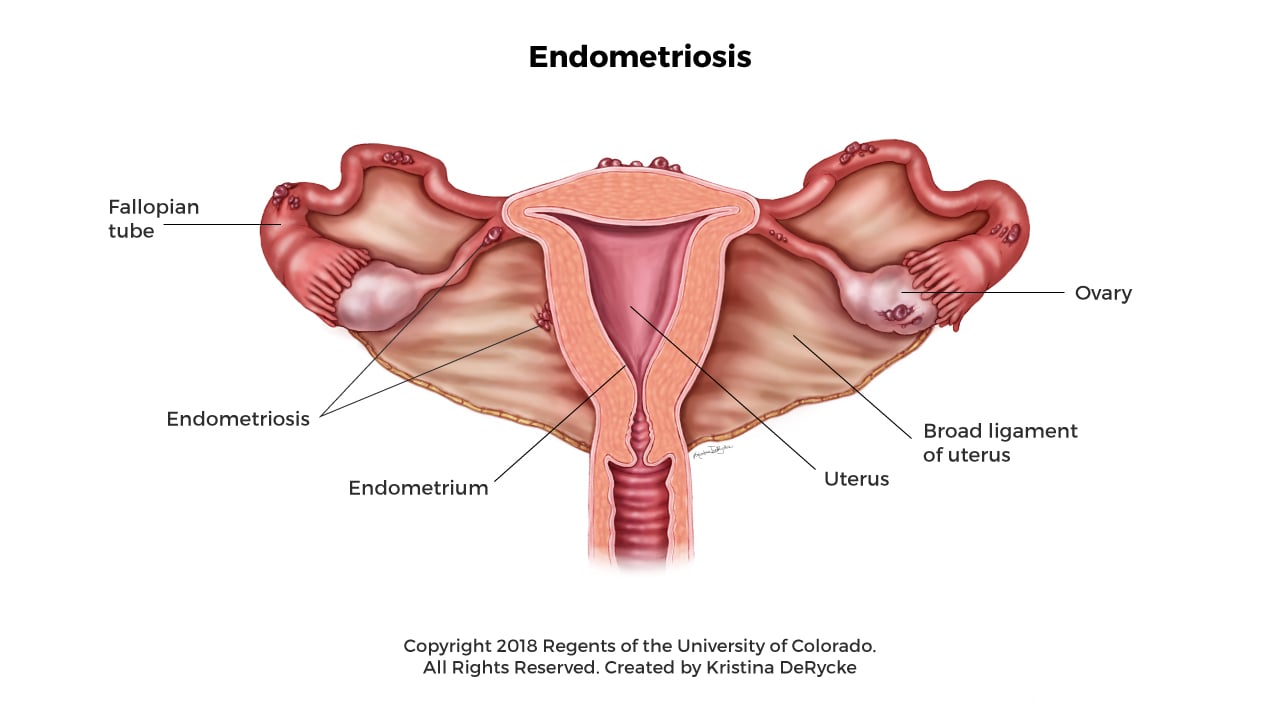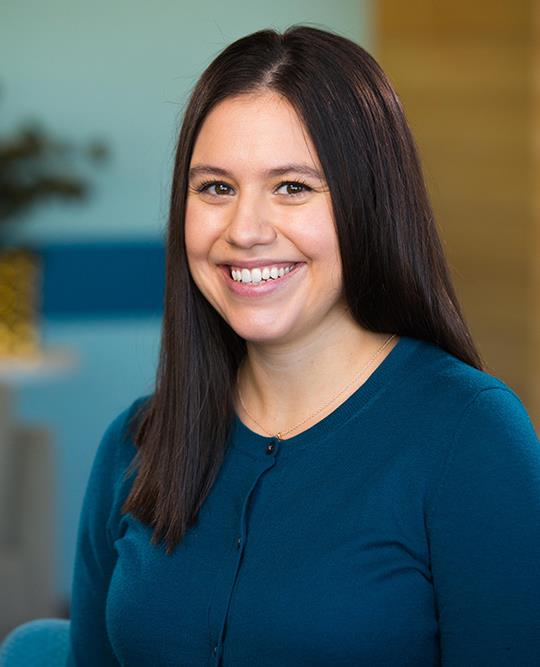- Doctors & Departments
-
Conditions & Advice
- Overview
- Conditions and Symptoms
- Symptom Checker
- Parent Resources
- The Connection Journey
- Calm A Crying Baby
- Sports Articles
- Dosage Tables
- Baby Guide
-
Your Visit
- Overview
- Prepare for Your Visit
- Your Overnight Stay
- Send a Cheer Card
- Family and Patient Resources
- Patient Cost Estimate
- Insurance and Financial Resources
- Online Bill Pay
- Medical Records
- Policies and Procedures
- We Ask Because We Care
Click to find the locations nearest youFind locations by region
See all locations -
Community
- Overview
- Addressing the Youth Mental Health Crisis
- Calendar of Events
- Child Health Advocacy
- Community Health
- Community Partners
- Corporate Relations
- Global Health
- Patient Advocacy
- Patient Stories
- Pediatric Affiliations
- Support Children’s Colorado
- Specialty Outreach Clinics
Your Support Matters
Upcoming Events
Child Life 101
Wednesday, June 12, 2024Join us to learn about the work of a child life specialist, including...
-
Research & Innovation
- Overview
- Pediatric Clinical Trials
- Q: Pediatric Health Advances
- Discoveries and Milestones
- Training and Internships
- Academic Affiliation
- Investigator Resources
- Funding Opportunities
- Center For Innovation
- Support Our Research
- Research Areas

It starts with a Q:
For the latest cutting-edge research, innovative collaborations and remarkable discoveries in child health, read stories from across all our areas of study in Q: Advances and Answers in Pediatric Health.


Gynecology
Endometriosis
We specialize in the big things, the small things and everything in between.

What is endometriosis?
Endometriosis is a condition that occurs when tissue from the inner lining of the uterus (called the endometrium) spreads outside of the uterus. This tissue continues to act as it would inside the uterus during the menstrual cycle — thickening, breaking down and sometimes bleeding. The tissue causes inflammation and irritation resulting in pain, especially during a menstrual period.
Endometriosis can affect females of any reproductive age, from their first period to menopause. Most commonly, endometrial tissue spreads to the ovaries, fallopian tubes, outer lining of the uterus and surrounding pelvic tissues. Endometriosis can cause inflammation and scarring, and without treatment, it will usually persist and worsen over the reproductive years.
At Children's Hospital Colorado, our pediatric and adolescent gynecologists are experienced in treating endometriosis in girls, teens and young adults. We provide expert guidance for all steps of treatment, from diagnosis to treatment and follow-up care to help you or your child live without pelvic pain.

What causes endometriosis?
The causes of endometriosis are unknown. However, we believe that estrogen, a naturally occurring hormone, causes it to spread and worsens endometriosis pain. Endometriosis typically begins developing in the months and years after a person starts having menstrual periods. When those with endometriosis reach menopause and their estrogen levels drop, their symptoms usually subside.
Who gets endometriosis?
Endometriosis can occur in anyone who has started having menstrual periods. It affects approximately 10% of females. Most are diagnosed in their late teens and 20s. Those who have a first-degree relative (mother or sister) with endometriosis are seven times more likely to develop endometriosis than those who do not have a close relative with the condition.
Is endometriosis associated with infertility?
Endometriosis does not cause infertility, but those who have the condition typically have more difficulty getting pregnant. Between 20% and 50% experiencing infertility also have endometriosis. Inflammation caused by endometriosis can cause a number of changes to the reproductive system that increase infertility.
At Children's Colorado, our care team works to diagnose and treat endometriosis early to reduce the odds of infertility.
What are the signs and symptoms of endometriosis?
Many who have endometriosis have no symptoms, but those who do commonly experience:
- Pelvic pain that becomes worse during menstrual periods
- Pelvic pain not relieved with over-the-counter pain medications
- Pelvic pain with urination or bowel movements
- Abnormal menstrual bleeding
- Pain during or after sex
- Infertility
How do we diagnose endometriosis?
A gynecologist who is experienced in diagnosing and treating endometriosis performs the initial diagnosis. The doctor will ask about menstrual periods, cramping, pelvic pain, medical history and therapies patients have tried to relieve the pain.
Doctors might suspect endometriosis when pain is severe and has not been relieved by over-the-counter pain medications or hormonal therapy. Evaluation sometimes includes a pelvic ultrasound, but often endometriosis does not cause ovarian cysts or other changes that are visible on ultrasound in teens and young adults. Our care team may conduct an ultrasound if pain is more severe than is typical with endometriosis or menstrual history suggests that an ovarian cyst is causing the pain.
We can only diagnose endometriosis with absolute certainty with a surgical biopsy, which is done via a minimally invasive surgery called a diagnostic laparoscopy. Many who are suspected to have endometriosis do not need a surgical diagnosis because their endometriosis symptoms are well controlled with medical treatment. We only perform a laparoscopy if medical treatment doesn't resolve endometriosis symptoms.
What to expect from an exam for endometriosis
At Children's Colorado, we approach each potential endometriosis diagnosis individually. We take into account personal medical history, circumstances and goals to create the best care plan.
Medical history is the most important part of an exam for endometriosis. Diagnosis also includes a basic abdominal exam. We rarely perform a traditional pelvic exam in our clinic because we can typically obtain the same information from the medical history and other less invasive techniques.
How do we treat endometriosis?
There is no cure for endometriosis, but treatment can help those with the condition manage their symptoms and significantly reduce endometriosis pain. Endometriosis spreads over time and should be evaluated and treated as soon as possible to minimize long-term pain.
At Children's Colorado, we offer both surgical and nonsurgical approaches to treatment. Our gynecology care team will recommend the best treatment options for each patient.
Nonsurgical endometriosis treatment
While we can't definitively diagnose endometriosis without surgery, we can manage suspected cases with nonsurgical treatment methods, particularly if symptoms are not severe. Nonsurgical treatments are usually the first step for children, teens and young adults who are not currently trying to become pregnant. The most common nonsurgical treatments are hormonal medications that cause endometrial lesions (endometrial tissue outside of the endometrium) to shrink and prevent the further spread of the condition. Hormonal medications include:
- Oral progesterone pills
- Birth control pill, patch, ring or injection
- Intrauterine devices (IUDs) that contain progesterone
- An implant that goes under the skin
- An injection that blocks the production of estrogen
Those who try these types of treatment methods may need several of these medications or will need to use them together to control their endometriosis symptoms. Although many of these treatments are labeled as "birth control," they are effective medical treatments for endometriosis and do not increase the likelihood of sexual activity. Because nonsurgical treatments reduce the spread of endometriosis, they play an important role in protecting the future fertility of those with endometriosis.
Surgical endometriosis treatment
For some, endometriosis surgery is the best option. When surgery for endometriosis is necessary, our experienced team will guide you and your family through the process.
Outpatient laparoscopic surgery for endometriosis can effectively diagnose and treat the condition. Both diagnosis and treatment can take place during the same operation. During surgery, a high-energy heat source, such as a laser, cuts or burns away endometrial lesions (endometrial tissue outside of the endometrium). Treatment is more difficult with advanced disease that involves large areas of the rectum or larger lesions.
More recently, laser ablation with a CO2 laser has allowed for more extensive treatment of endometriosis. This technique treats more visible lesions while decreasing risk of injury to surrounding organs. Our experienced gynecologists on the Children's Colorado team have undergone specialized training and certification in endometriosis laser treatment.
Following surgery, our team will provide helpful instructions on how to use hormonal medications to prevent the regrowth of endometriosis.
Why choose Children's Colorado for endometriosis treatment?
Our board-certified pediatric and adolescent gynecologists have specialized training and a wealth of experience in the reproductive health issues of patients of all ages.
We understand that endometriosis can be stressful and are sensitive to your needs. That's why we work to put families at ease by carefully explaining endometriosis, discussing the various treatment options and supporting your family with follow-up visits and consultation with our colleagues in other specialties, such as psychology, chronic pain, urology and gastroenterology, if needed.
In addition to a welcoming setting, we offer expertise in the full range of diagnostic and treatment options for endometriosis from routine exams and medication to surgery.
If you would like to learn more about endometriosis, visit:
Next steps
-
Would you like to learn more about us?
Learn more about the Gynecology department -
Are you ready to schedule an appointment?
Schedule an appointment -
Do you have questions about your child’s condition?
720-777-2667

Compassionate care, wherever you are
We’re here when you need us. Telehealth appointments are available across every specialty, so you can get the high-quality care we’ve always offered from the comfort, privacy and convenience of home.
See if telehealth is right for you
Get to know our pediatric experts.

Veronica Alaniz, MD
Ob/Gyn Obstetrics & Gynecology

Julie Friedman, MD
Ob/Gyn Obstetrics & Gynecology
Patient ratings and reviews are not available Why?

Lauryn Roth, MD
Ob/Gyn Obstetrics & Gynecology



 720-777-0123
720-777-0123




